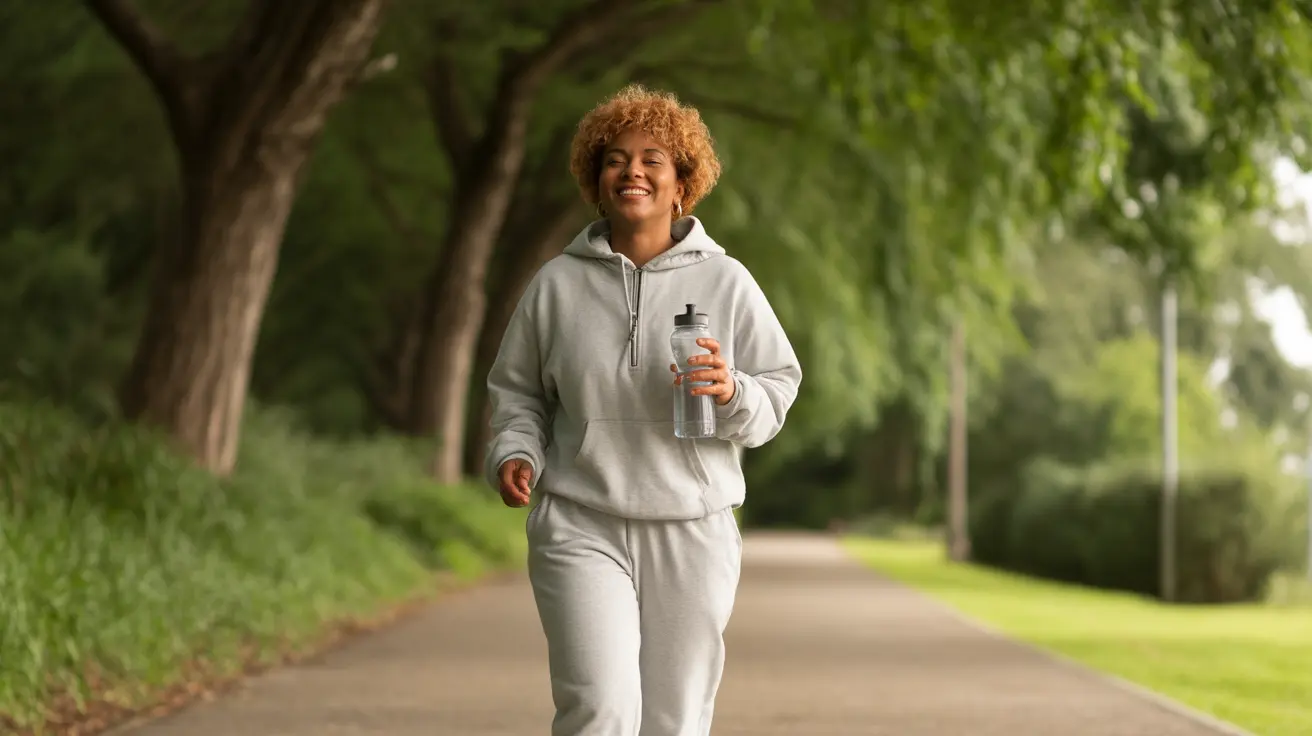If you're struggling with constipation, you might be surprised to learn that a simple daily walk could make a significant difference. Walking is not only an accessible form of exercise but also a natural way to promote better digestive health and regular bowel movements. Understanding how walking affects your digestive system can help you make the most of this easy yet effective remedy.
How Walking Impacts Digestive Health
Walking stimulates the natural contraction of intestinal muscles, a process known as peristalsis. This movement helps push waste through your digestive tract more efficiently, potentially relieving constipation. The gentle bouncing motion during walking also helps move gas through the digestive system and can reduce bloating.
The Science Behind Walking and Bowel Movements
Physical activity like walking increases blood flow to your digestive organs, which can help strengthen the muscles in your intestines. This improved circulation and muscle activity can lead to more regular and easier bowel movements. Additionally, walking in an upright position works with gravity to encourage proper digestive function.
Optimal Walking Routine for Constipation Relief
Duration and Frequency
For best results, aim for at least 30 minutes of brisk walking daily. This can be broken down into shorter sessions if needed, such as three 10-minute walks throughout the day. Consistency is key – regular walking habits tend to produce more reliable results for digestive health.
Timing Your Walks
Walking after meals can be particularly beneficial for digestion. A gentle 10-15 minute walk following breakfast or dinner can help stimulate natural bowel movements and prevent constipation. Morning walks may be especially effective as they align with your body's natural circadian rhythm.
Complementary Exercises for Digestive Health
While walking is excellent for constipation relief, other forms of exercise can also help:
- Yoga poses that target the abdomen and digestive system
- Light jogging or running
- Swimming
- Cycling
- Pilates exercises focusing on core strength
Combining Walking with Other Remedies
For maximum effectiveness, combine regular walking with other constipation-fighting strategies:
- Stay well-hydrated throughout the day
- Increase fiber intake through fruits, vegetables, and whole grains
- Maintain consistent meal times
- Don't ignore the urge to have a bowel movement
- Practice good posture during walking and throughout the day
Frequently Asked Questions
Does walking really help relieve constipation and how does it work?
Yes, walking helps relieve constipation by stimulating intestinal muscle contractions, increasing blood flow to digestive organs, and promoting natural bowel movements through gentle physical activity and gravity.
How much walking is needed to improve bowel movements and ease constipation?
Aim for at least 30 minutes of brisk walking daily, either in one session or broken into shorter walks. Consistency is more important than intensity for improving bowel movements.
What types of exercise besides walking can help with constipation?
Other beneficial exercises include yoga, swimming, cycling, light jogging, and Pilates. Any movement that gently engages your core and promotes overall circulation can help with constipation.
When is the best time to walk or exercise to prevent constipation after eating?
Taking a 10-15 minute walk after meals, especially breakfast, can help prevent constipation. Morning walks tend to be most effective as they work with your body's natural digestive rhythm.
Can regular walking combined with dietary changes effectively treat chronic constipation?
Yes, combining regular walking with proper hydration, increased fiber intake, and good dietary habits can effectively manage chronic constipation for many people. This holistic approach often yields better results than walking alone.




